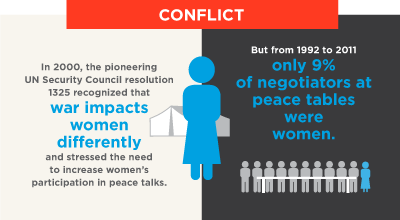 Over reading week, I had the opportunity to attend the Mennonite Central Committee (MCC) student seminar in Ottawa. There were 30 students who attended from across Canada, including four from CMU and two more from Menno Simons College. The theme was Gender, Peace, and Conflict: Exploring the Intersection. We looked at how government organizations, non-profits, and individuals interact with this theme in their work.
Over reading week, I had the opportunity to attend the Mennonite Central Committee (MCC) student seminar in Ottawa. There were 30 students who attended from across Canada, including four from CMU and two more from Menno Simons College. The theme was Gender, Peace, and Conflict: Exploring the Intersection. We looked at how government organizations, non-profits, and individuals interact with this theme in their work.
One of the benefits of being in Ottawa was that we were located right in the heart of Canada’s government. We sat in on question period in the House of Commons and had a tour of the parliament buildings. We also heard from MP Hélène Laverdière and Senator Mobina Jaffer, who have been involved in the implementation of the UN Security Council’s declaration on Women, Peace and Security.
Before attending this seminar, I had little knowledge of Canada’s National Action plan or the many different committees which make up our government system to encourage action. There were times when I felt disillusioned with the government and frustrated with what seemed to be empty actions and not enough financial contribution to women’s projects. But I was inspired by hearing these two passionate women who are advocating for policy change.
actions and not enough financial contribution to women’s projects. But I was inspired by hearing these two passionate women who are advocating for policy change.
In addition to hearing about the role of government and policy, we heard from non-profits and grassroots organizations about the importance of women’s groups. We spoke with people from KAIROS, Oxfam, the Nobel Women’s Initiative, and international workers from MCC. It was fascinating to hear how gender is influencing the peace process in Colombia, the importance of including women in peace processes, and how the Nobel Women’s Initiative is calling our “feminist prime minister” to invest in women’s grassroots groups.
The seminar looked at the importance of including a gender lens in conflict analysis, emphasizing that one cannot simply “add women and stir.” Between 1992 and 2011, 9% of nego tiators in peace talks were women, despite the fact that a peace process in far more likely to succeed when women are included. It has left me wondering why it is so challenging to adopt an approach that includes women, both locally and internationally.
tiators in peace talks were women, despite the fact that a peace process in far more likely to succeed when women are included. It has left me wondering why it is so challenging to adopt an approach that includes women, both locally and internationally.
What stood out the most was having the opportunity to talk with other students whose stories and life experiences are different from my own. These students pushed me to think in new ways and ask different questions. I am grateful for the time we spent learning together.
For more information, visit Canada’s National Action Plan and the MCC Ottawa Advocacy Office.
Laura

